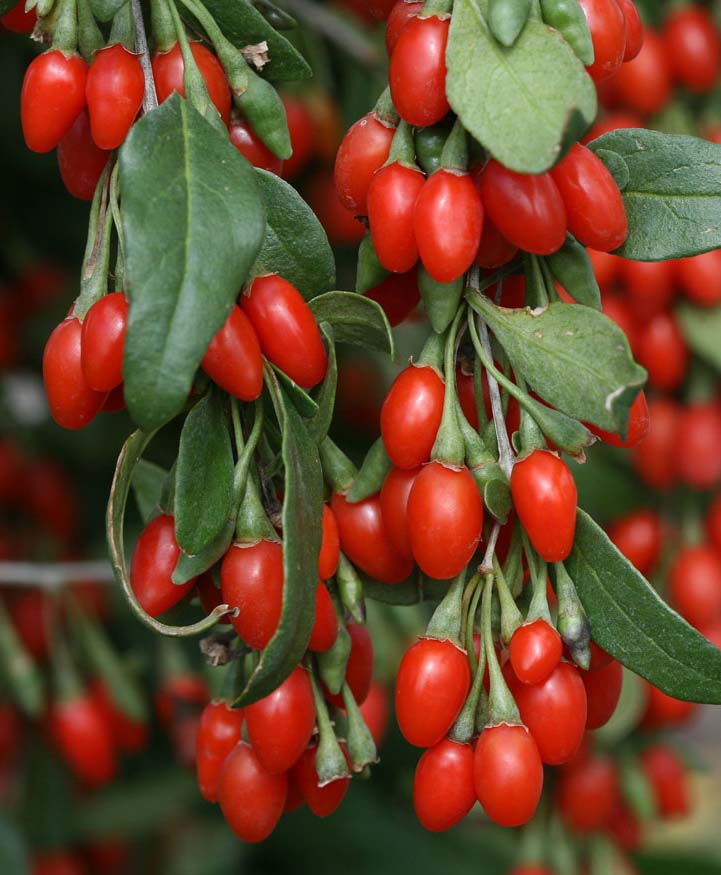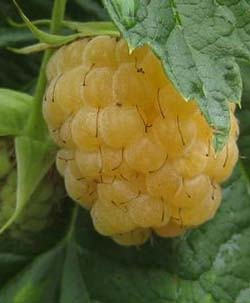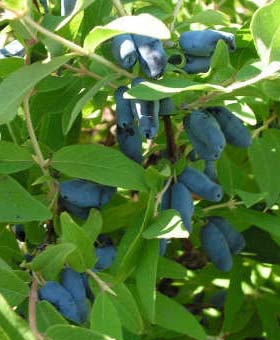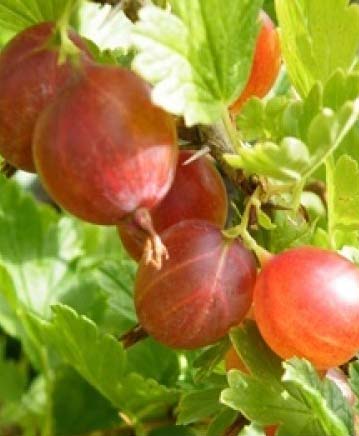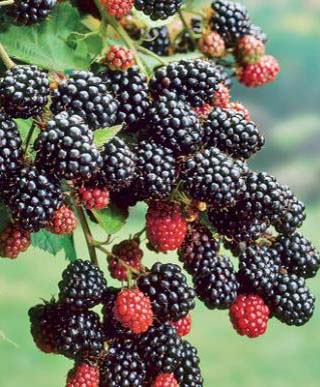





Beebalm
Monarda didyma
Monarda didyma
Growing Conditions
Sun exposure: full sun to afternoon shade (4 or more hours of sunlight a day)
Soil: performs best in fertile, moist soil, but are tolerant of a wide range of
conditions. Avoid sites that are excessively dry.
Traits
Special Care Instructions
Don't crowd plants when placing them in your garden. Good air circulation is required to keep plants free of powdery mildew (white spots on the leaves).
Flowering Time
June and July
Characteristics, Uses, and Fun Facts
In the wild, Beebalm thrives along stream banks with overhanging trees, providing the plants with constant moisture and light shade. The different varieties can range in height from 12-36" tall. Flowers come in all shades of pink, reds, and purples. Deadhead flowers to prolong summer bloom and divide clumps every 3-4 years to prevent overcrowding and to control spread of the plant.
Beebalm is a member of the mint family with fragrant leaves and flower buds which taste like a mix of spearmint or peppermint with oregano. Beebalm was traditionally used by Native Americans as a seasoning for wild game, particularly birds.
Beebalm is also a natural source of the antiseptic thymol, the main active ingredient in modern commercial mouthwash formulas. Beebalm has a long history of use as medicinal plants by Native Americans including the Blackfoot, Menominee, Ojibwa, and Winnebago. The Blackfoot Indians recognized the plants' strong antiseptic properties and used beebalm poultices for skin infections and minor wounds. Beebalm tea was used to treat mouth and throat infections. The Winnebago used a tea made from beebalm as a general stimulant. An infusion of crushed bee balm leaves in boiling water has been used to treat headaches and fevers.
Varieties
Soil: performs best in fertile, moist soil, but are tolerant of a wide range of
conditions. Avoid sites that are excessively dry.
Traits
Special Care Instructions
Don't crowd plants when placing them in your garden. Good air circulation is required to keep plants free of powdery mildew (white spots on the leaves).
Flowering Time
June and July
Characteristics, Uses, and Fun Facts
In the wild, Beebalm thrives along stream banks with overhanging trees, providing the plants with constant moisture and light shade. The different varieties can range in height from 12-36" tall. Flowers come in all shades of pink, reds, and purples. Deadhead flowers to prolong summer bloom and divide clumps every 3-4 years to prevent overcrowding and to control spread of the plant.
Beebalm is a member of the mint family with fragrant leaves and flower buds which taste like a mix of spearmint or peppermint with oregano. Beebalm was traditionally used by Native Americans as a seasoning for wild game, particularly birds.
Beebalm is also a natural source of the antiseptic thymol, the main active ingredient in modern commercial mouthwash formulas. Beebalm has a long history of use as medicinal plants by Native Americans including the Blackfoot, Menominee, Ojibwa, and Winnebago. The Blackfoot Indians recognized the plants' strong antiseptic properties and used beebalm poultices for skin infections and minor wounds. Beebalm tea was used to treat mouth and throat infections. The Winnebago used a tea made from beebalm as a general stimulant. An infusion of crushed bee balm leaves in boiling water has been used to treat headaches and fevers.
Varieties
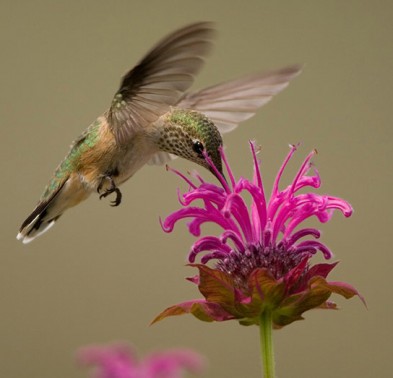
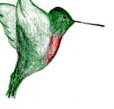

Attracts Hummingbirds
Good Cut Flower
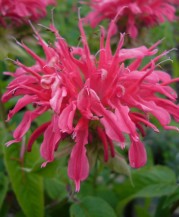

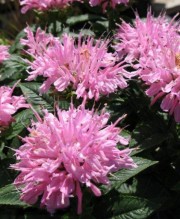

Coral Reef 30-36" tall
| • | Salmon-pink blooms in summer. |
| • | This variety is very resistant to powdery mildew. |
| • | |
| • |

Gardenview Scarlet 24-36" tall

| • | Vibrant scarlet red flowers top the stout, square stems of this beebalm from mid-summer to early fall. |
| • | The attractive, dark green foliage exhibits excellent mildew resistance. |
| • | |
| • |


Grand Mum 15-18" tall
| • | Mauve pink flowers and dark green leaves. |
| • | It has a compact, rounded form and loads of large flowers. |
| • | Highly resistant to powdery mildew. |
| • |



Grand Parade 13-16" tall
| • | Wonderful, compact selection producing a profusion of bright lavender-purple blooms in summer |
| • | |
| • | |
| • |

| • | This dwarf selection of bee balm produces a multitude of bright pink flowers with purple centers in mid to late summer. |
| • | Good resistance to powdery mildew. |
| • | |
| • |
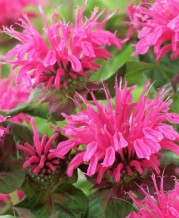
Pink Lace 14-18" tall


| • | Notably dark green leaves and stems show off the royal purple flowers. |
| • | This variety is very resistant to powdery mildew. |
| • | |
| • |
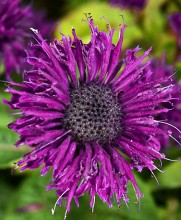
Purple Rooster 36" tall



Fire Marshall 28-32" tall
| • | Produces oversized flower heads in red with pink undertones on sturdy, upright stems. |
| • | Resulted from a cross made between two of the best Beebalms for Midwestern gardens, Monarda 'Marshall's Delight' and ‘Jacob Cline’. |
| • | |
| • |









Attracts Butterflies

Deer Resistant
Fragrant Foliage & Flowers

Fragrant Foliage & Flowers


